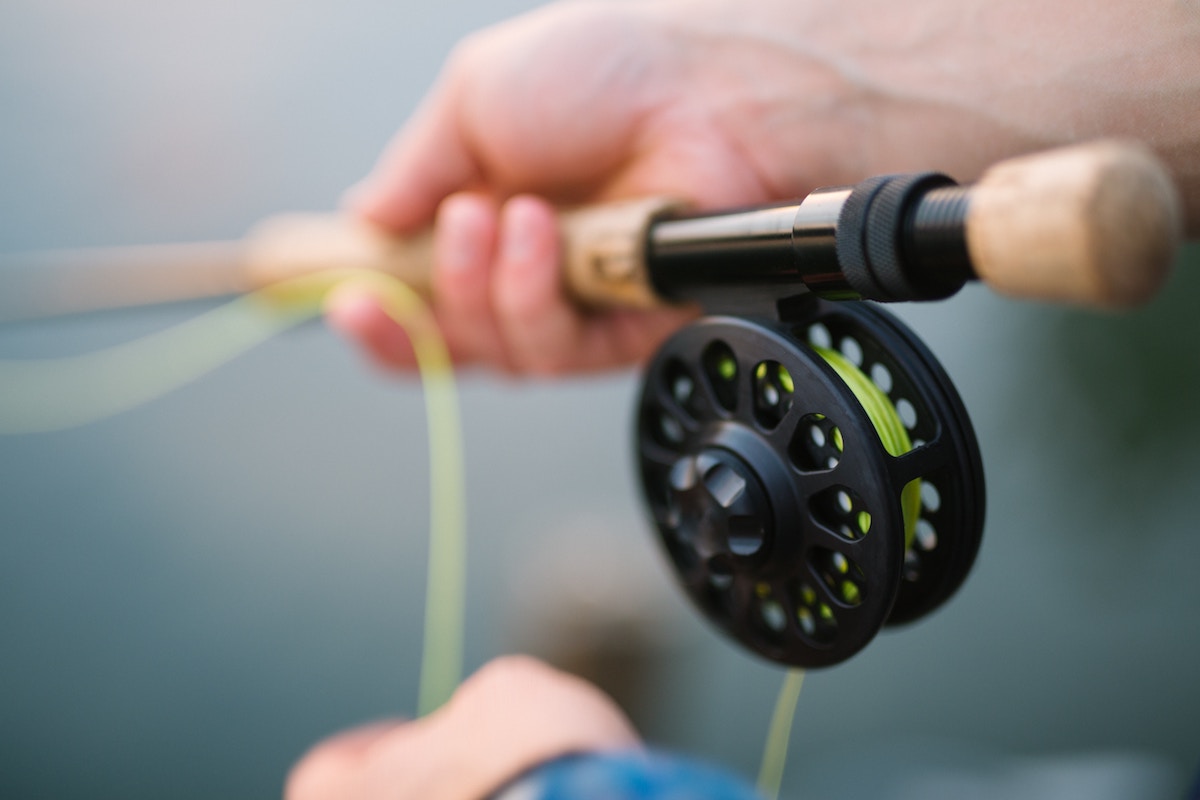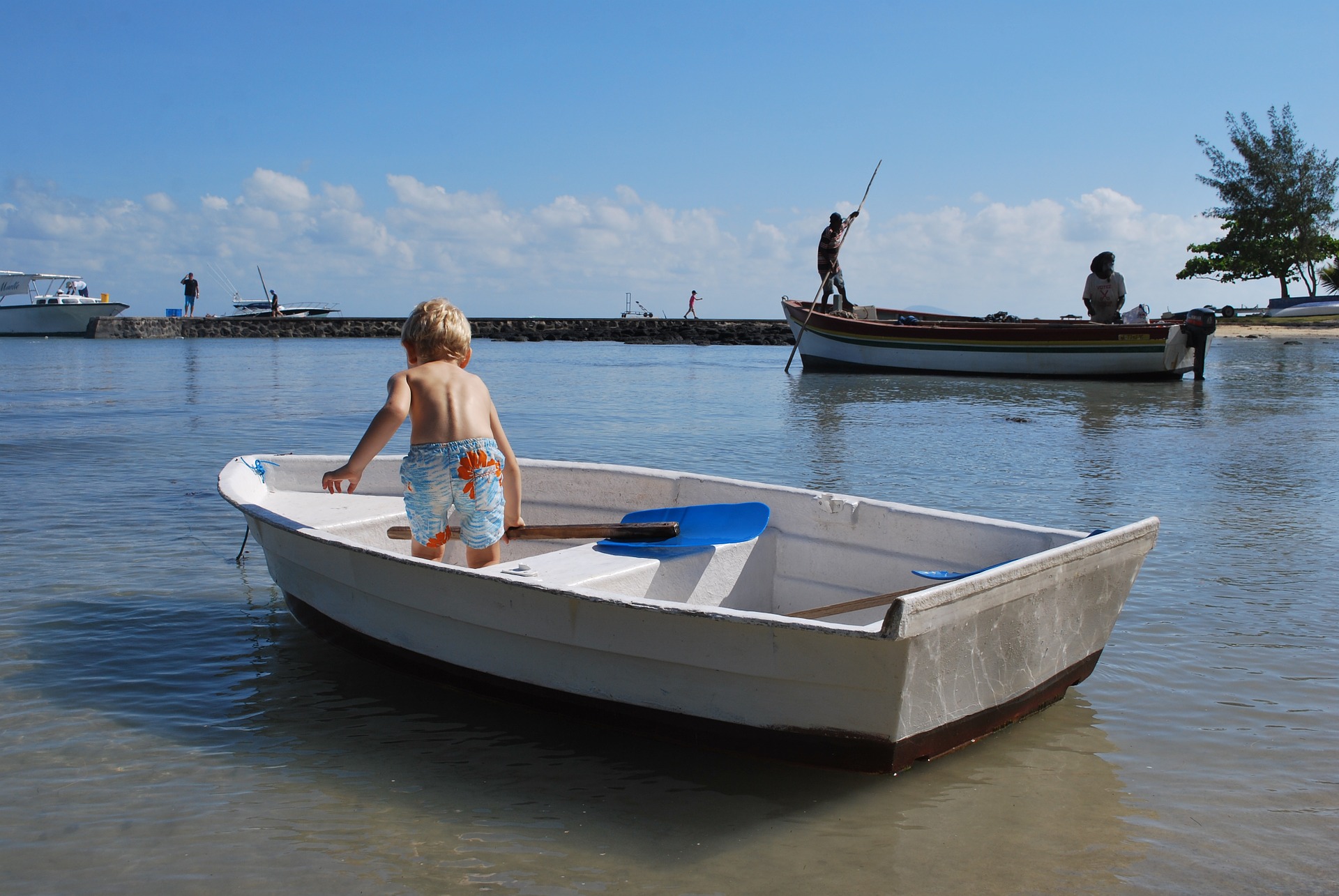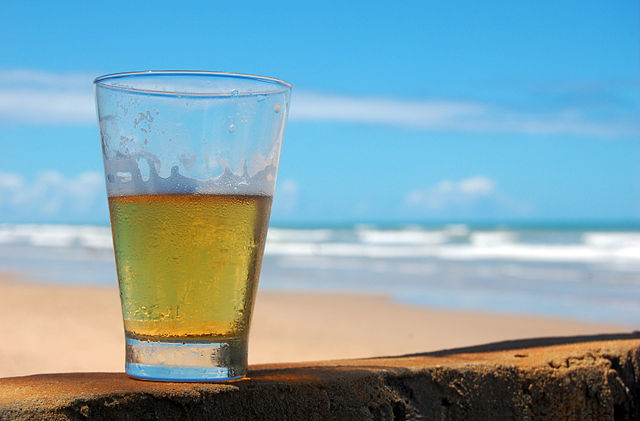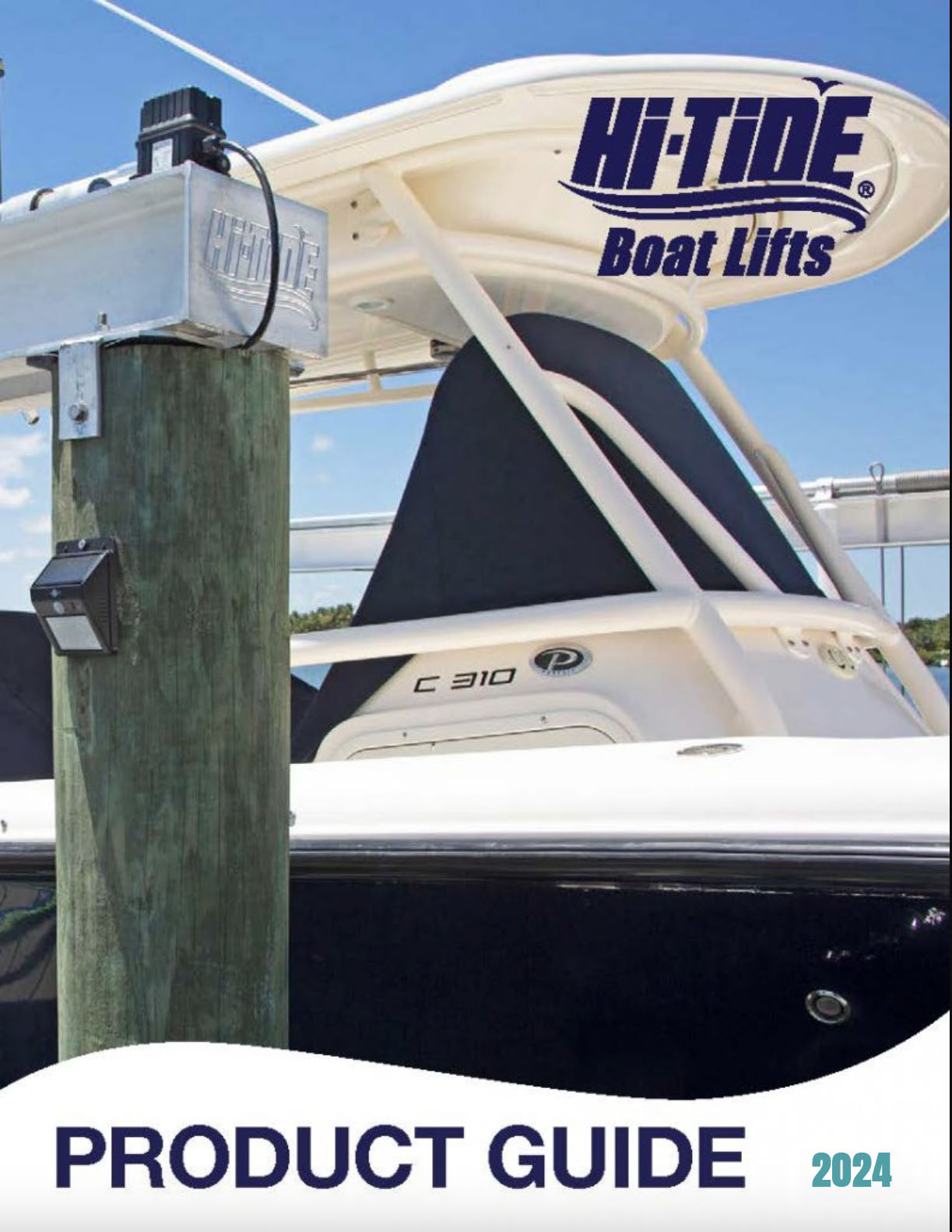Boating and a good time go together like spaghetti and meatballs, peanut butter and jelly and, well, boats and water. However, a good time can go bad fast when you add booze to your boating fun. Now, we’re no prudes, but boating under the influence (BUI) is a seriously dangerous practice when enjoying your time on the water.
Though we’ve written on the danger of drinking and boating in the past, one fact is often overlooked on the subject of BUI: alcohol is just one of many dangerous drugs that could affect your ability to operate your vessel. Let’s reveal the risks of BUI and some of the lesser-considered intoxicants that can spell big trouble for your next trip.
BUI Laws and Facts
- Laws May Vary: Specifics of BUI law may differ by state, so it’d be wise to review your state’s specific laws before hitting the water. A safe bet? The vast majority of states base their BUI laws around the operator’s blood alcohol content, which is often over the limit at .08 percent and above. All states do have some form of BUI laws in place, however.
- Drugs and Boating Do Not Mix: Operating a boat is no simple task. From the multitude of unknowns you’re constantly dealing with, such as weather and fellow boaters, to safely navigating even well-known waters, you need your wits about you. Alcohol and other drugs can affect your vision, reaction time and judgement, leading to possible accidents that would have been fully preventable.
- More Than Just Booze: Yes, alcohol is a drug (and a quite popular one at that). However, the list of intoxicants does not end at a couple cans of beer or your favorite cocktail. Of course, recreational drugs also bring risks of their own–something especially important to remember with the growing push to legalize marijuana. Remember, just because it may be legal to consume, does not mean that it will not impair your ability to operate your vessel. This includes prescription medication. Yes, even if you are prescribed a drug, if it indicates that it could affect your ability to operate a vehicle, you should think twice before hitting the water.
- Not Worth the Risks: If caught boating under the influence, you could face everything from fines all the way up to jail time in the most serious of cases. Even if not caught by authorities, understand that BUI puts yourself, your vessel, your passengers and anyone sharing the water with you at risk. Plain and simply, it’s not worth it.
Though laws may vary, it’s safe to say that BUI is never acceptable, regardless of specific regulations. Whether overindulging in drinks or recreational drugs, or even taking prescribed medication, if you are inebriated, you cannot be as safe a boater as you should be when so much can go so wrong. So, be safe, boat safe, and maybe wait until you’re back on shore before you toss a couple back. We’ll see you on the water.

When heading out to your favorite spot to get in some high-quality fishing, many of us like to take a handy checklist. From making sure you pack the right lures and bait to checking the weather and latest fishing reports, this list can grow to something near novel length. We’re sorry, but we have to add to that list. But we promise — it’s worth it.
Fishing Tips to Add to Your Checklist
- See the Signs: Most any major waterway will have signs that caution boaters and fishers of regulations or dangers. Heed signs that mark off no-fishing zones, private property and otherwise protected areas. Some common off-limits areas include protected seagrass beds and oyster reefs.
- Safety First: Your checklist needs to include the likes of a first aid kit, waterproof baggies or protectors for your cell phone, life vests fitted to each person onboard, flashlights, sunscreen and bug spray if you’re in an area prone to mosquitos.
- Stay Hydrated on the Water: Though you’re surrounded by the stuff, don’t forget to bring plenty of water or sports drinks in order to stay hydrated. It’s especially easy in the summer months to not realize just how dehydrated you’re getting in the blazing sun. Also, coffee, soda and alcohol can act as diuretics, so avoid them when trying to rehydrate.
- Watch the Weather: Summer brings with it some predictably unpredictable weather patterns, namely, the dreaded afternoon thunderstorms. Though we’d all like to kick back for a full day of fishing and fun, it’s important to keep tabs on worsening weather. The last thing you want is to be caught with your rods up when the lightning starts.
- Read the Regulations: The most fun part of fishing? The regulations, of course. OK, we know rules and regulations can be a bit of a downer when you’re just trying to hit the water and have some fun. However, understanding catch-and-release rules, bag and length standards and other regulations (for both freshwater and saltwater fishing) can help keep you out of trouble with local authorities.
By looking out for posted signs, bringing safety equipment, staying hydrated, watching for approaching storms and reading your local fishing regulations, you can have a trouble-free time on the water. So grab your bait, pack a lunch and complete your checklist — you have a summer full of fishing to do. We’ll see you on the water.

Boating is Texas is alive and well, with thousands flocking to popular beaches, bays, rivers and lakes for some world-class fishing or scenic cruising in the Lone Star State. If you’re a local or simply visiting Texas for a bit of leisure time, make sure you know these quick takeaways before hitting the water. From age requirements to education courses, these must-learn facts can help you chart your course before heading into unknown waters.
5 Considerations Before Boating in Texas
- Who to call during a boating accident? If you are involved in a boating accident that results in injury (requiring treatment beyond first aid) or death, or causes damages to property in excess of $2,000, you must report it to the Texas Parks and Wildlife Department (TPWD). You only have 48 hours to report an accident resulting in a fatality, but 30 days to report less serious accidents.
- Where can I complete my boating education? To legally operate a boat or PWC with more than 15 hp, you must first complete a boater education course, unless you were born before September 1, 1993.
- Can I drink while operating a boat? Open container laws do not apply to watercraft. However, operating a boat while intoxicated is a crime that could result in a driver license suspension, fines, or even jail time if involved in an accident while intoxicated.
- What identification do I need to carry while boating? Boaters must carry a picture identification card, as well as a boater certification card (if applicable).
- What’s the minimum age requirements for boating? Though boating in Texas can be fun for all ages, operators of vessels with more than 15 hp must be at least 13 years old. The same applies for windblown vessels of more than 14 feet.
The TPWD is a fantastic source of info for first-time boaters in Texas, so we highly suggest starting your research there if you have any questions about your next boating adventure. Texas is known as a big state, but also one that’s full of variety. Take advantage of that variety by exploring all the beautiful state has to offer, both on and off the water.

Boating is a treasured pastime that many boating and fishing enthusiasts around the globe enjoy passing on to the next generation. There is nothing quite like sharing the experience of being on the water with your family and, hopefully, inspiring them to share this passion with their family someday. Though boating is a perfect family outing activity, it is not one without risks that you need to consider in order to keep your kids safe. For that reason, we compiled a list of helpful boating safety tips for kids that can help make your day on the water as safe as possible for the little ones.
Boating Safety Tips for Kids
- Life Jackets Save Lives: We have recommended them before but this is a point worth repeating: you must have enough life jackets onboard for everyone. Before hitting the water, have your child try on the life jacket to ensure that it fits correctly, then enforce the use of it while on your trip.
- Swimming = Safety: Get your kids comfortable with swimming by enrolling them in swimming classes. It is also essential to teach them the dangers of swimming in open waters versus swimming pools. Many kids don’t know the dangers of currents, waves and weather — all factors that can be big dangers to both children and adults.
- Never Out of Sight: Even when stationary, keeping an eye on your kids should be a top priority, as waves, wind or even just the rocking of the vessel can easily send an unsuspecting child overboard.
- Do Your Due Diligence: Don’t skimp on the safety basics that you should be practicing as a responsible boater. Keep up-to-date on maintenance, install carbon monoxide sensors and always ensure that your boat is equipped with enough fire extinguishers. This, with performing regular fire drills, can protect your family while on the water.
As you probably realize, many of these aren’t just boating safety tips for kids, but lessons we can all take with us while on the water. Just remember, preparation is a major key to boating safety. Take the time to purchase and install the right equipment, practice good safety habits and keep an eye on your little ones whenever enjoying a day of boating. We have a responsibility to the next generation of boaters to ensure that they learn how to enjoy our pastime the right way — with safety always in mind.

After tossing a back a few beverages at your favorite watering hole, the Friday-night luster has finally faded and you’re about ready to head home for some much-needed rest. You wish your clique of close companions a good night, and then; Therein lies the point in which you make the choice between responsibility and carelessness, safety and danger. The decision to drink and drive is a selfish one, as it needlessly puts the safety of yourself and countless others at risk.
Though we know that drinking and driving can lead to deadly results, why do so many not find a problem with drinking and boating? Before you cast off, consider the following:
- Just like drinking and driving, boating under the influence (BUI) is against the law. If you test at or higher than a .08 while operating a vessel, you are over the legal limit.
- Though open containers may be permissible in open water, in many private waters you may be ticketed if open alcohol containers are not allowed within that property.
- Being convicted of BUI is a serious offense. First convictions can see you paying up to $1,000 in fines and spending six months in jail. Penalties only worsen from there, as you could face up to 12 months of imprisonment after your third conviction.
Hi-Tide Boat Lifts is all about enjoying and sharing the excitement of boating with friends and loved ones, but always responsibly. If you understand the dangers involved with drinking and driving, remember that alcohol mixes just as dangerously when on the water. Assign a designated vessel operator or save the drinks for when you’re back on land. Stay safe and get boating!





